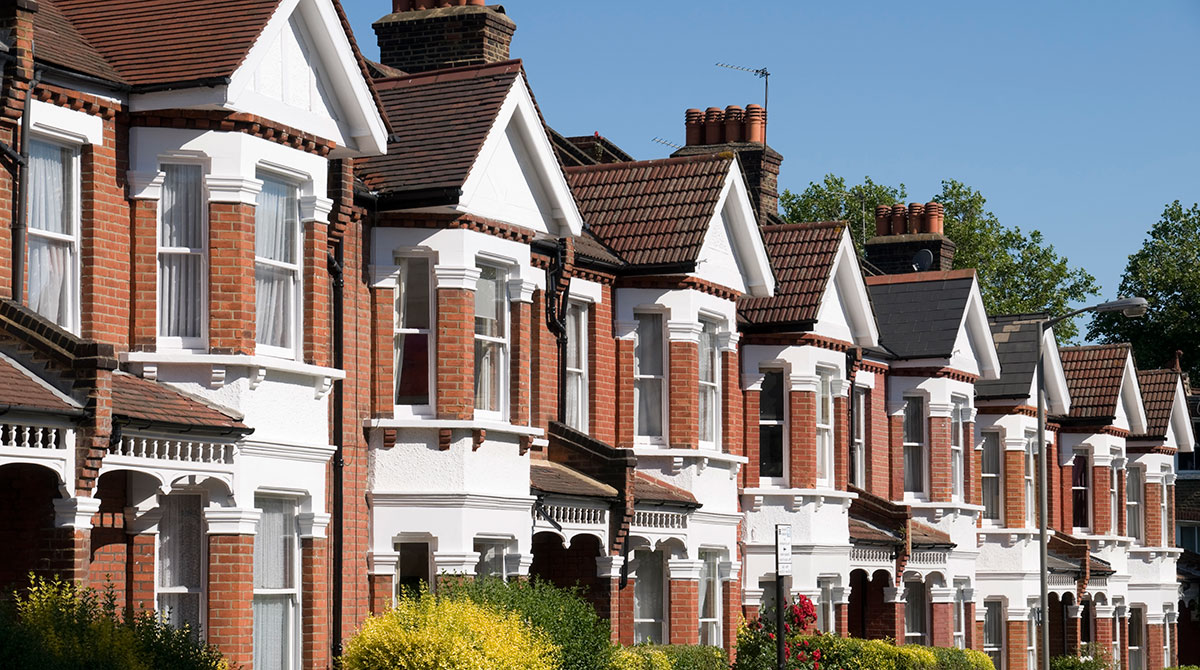Buy To Let
House prices up 2.5% as transactions return to pre-Covid level

The average price of a house in the UK rose 2.5% annually to £239,196 in August, while transactions have made a ‘stunning return’ to their pre-coronavirus levels.
Land Registry and the Office for National Statistics (ONS) revealed house prices were up 2.1% on July’s annual increase.
On a monthly basis, this was an uptick of 0.7%, and an improvement on the 0.3% monthly increase seen in August last year.
As transactions typically take six to eight weeks to complete, these figures do not show the impact of the stamp duty holiday which was announced in July and instead reflect the post-lockdown boom.
Houses in England were the most expensive on average, reporting a 2.8% increase to £256,000, followed by Wales where prices rose 2.7% to £173,000.
Despite seeing the largest yearly increase of 3%, house prices in Ireland were the cheapest at an average of £141,000.
Scotland homes remained flat with a growth of 0.6% to £155,191.
ONS said house price growth had generally slowed down since 2016 due to declines in the south and east of England but noted activity seemed to pick up again this year once the property market reopened in May.
Properties outside of London seemed to boost the market as in August, the East Midlands saw the strongest growth with a 3.6% annual surge in price to £202,345.
London and the North West both saw rises of 3.5% compared to last year while the North East saw the slowest growth of 0.2%.
David Westgate, group chief executive at Andrews Property Group, said: “It’s no surprise average annual house prices in August were up on July, as they will have been driven north by the post-lockdown surge in demand.
“September is likely to see an even sharper upswing in average annual completion values as by that point we will start to see the impact of the stamp duty holiday announced in July.”
Housing transactions
Separate figures published today by HMRC revealed the number of housing transactions completed in September hit 98,010, returning to parity with the same month last year.
The total was up 21.3% from August and just 0.7% lower than September 2019 – highlighting the remarkable turnaround after being closed down in March.
House moves were only allowed to recommence in England on 13 May with significant restrictions in place for all parties involved.
Scotland and Wales did not open their housing markets until the end of June but under tighter restrictions than England.
HMRC said transaction estimates in September were “likely due to the continued release of pent-up demand within the property market since March and early impacts from the temporarily increased nil rate band of stamp duty”.
However, the year-to-date total number of completions is still lagging around 22% behind the typical level.
So far around 693,000 housing transactions have been completed in 2020, this compares to 882,000 in 2019 and 890,000 in 2018.
Former Royal Institution of Chartered Surveyors residential chairman, Jeremy Leaf, noted the burning hot market had started to subside a little.
“What we have noticed since activity cooled a little over the last few weeks is that very few buyers are withdrawing from transactions and very few instructions are being withdrawn from sale,” he said.
“Prices are sometimes being renegotiated to take into account current realities – in other words, much the same as was happening immediately after lockdown at the end of March.”